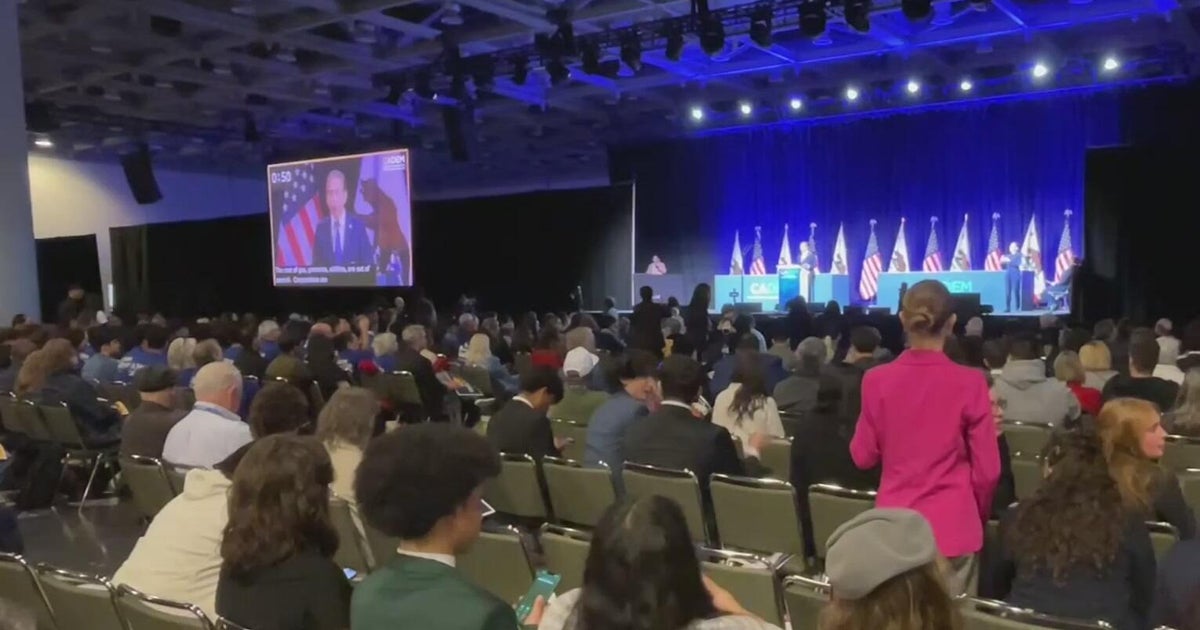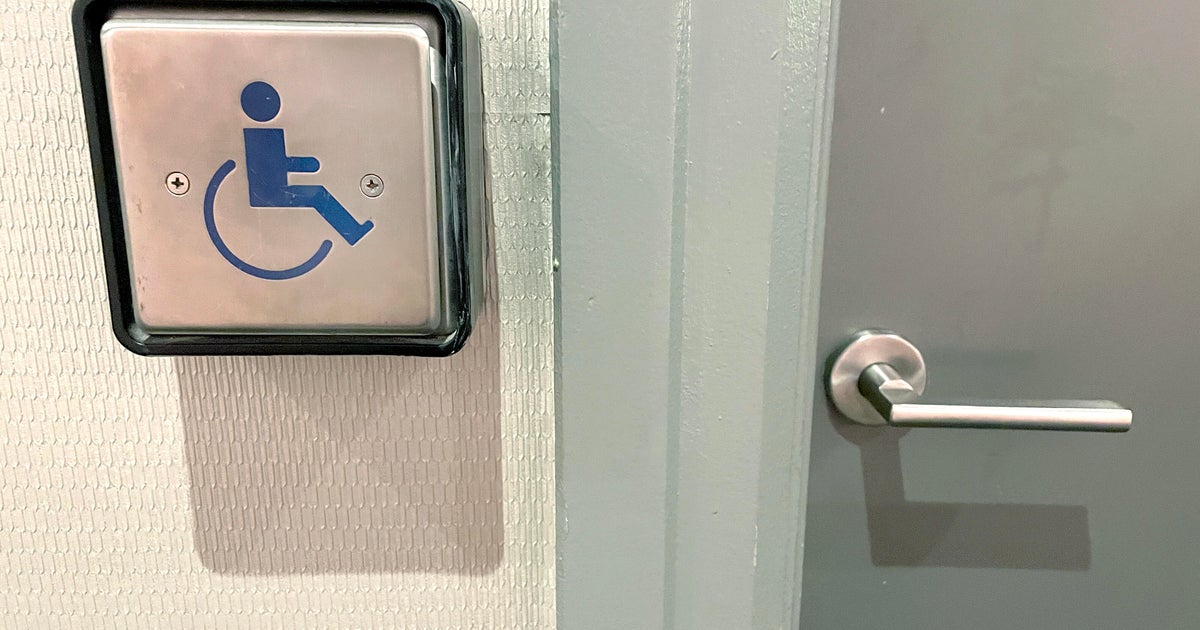Treasurer: Downgrade Expected To Have Little Effect On Calif.
SACRAMENTO (CBS / AP) -- State Treasurer Bill Lockyer on Monday said there's no reason the ratings downgrade of the federal government will have an immediate effect on California but cautioned the state is still on the mend.
Lockyer, a Democrat, said the downgrade late last week by Standard & Poor's reflects the partisan political gridlock in Washington, D.C. In California, he said the state still needs to focus on improving its economy in order to improve the state's finances.
"These are the issues that affect individual Californians, their families, and state and local government with the threat of more revenue losses," Lockyer said in a statement.
He added, "We have balanced our state budget this year, we have cut our need for cash borrowing in half since last year, and we have greatly reduced our structural budget deficit problem for the future, so there is no reason to expect adverse ratings for the state."
>>CBS News: Dow Drops 634 Points Amid Downgrade Backlash
California and Illinois currently share the lowest state credit rating, but state officials hope California has turned a corner.
Last month, S&P revised California's long-term ratings outlook from negative to stable after Gov. Jerry Brown signed a rare on-time budget in time for the start of the new fiscal year. The agency said most of the provisions of the new budget are largely realistic, although it says California's longer-term financial prospects depend on a continuing rise in tax revenue, primarily from the wealthy.
Moody's Investors Service gave California a stable outlook whereas Illinois has a negative outlook. California has $79.3 billion in outstanding bonds and another $38.4 billion in unissued bonds.
California also borrowed $5.4 billion from private investors last month as a hedge against a possible default by the federal government. Lockyer secured the package of short-term loans from a group of banks, credit unions and investment funds so the state would avoid a potential cash shortage if the federal government fails to extend its debt ceiling.
Fitch and Standard & Poor's give California an "A-" rating, while Moody's gives the state an "A1."
But uncertainty remains.
The recently enacted state budget includes budgetary triggers to prevent overspending if California's projected revenues don't pan out. According to a Fitch Ratings report last week, the impact of the state budget on local governments could harm public schools and universities if the state doesn't get the amount of revenue it's projecting, triggering mid-year cuts.
"Although the state budget has been adopted, numerous uncertainties remain, most notably whether assumed revenue growth will occur and whether the adopted cuts and fund shifts are achievable and sustainable," Fitch wrote.
State officials have said it's difficult to say how the debt ceiling deal would impact California because the cuts aren't specified yet, but any reduction is a concern.
The state is expecting $79 billion from the federal government this year, much of it money that's passed through to local governments, schools and individuals for health care, education, law enforcement and transportation. The state is expected to spend another $129.5 billion of its own funds, including $86 billion in general fund spending. The money is generated by state tax revenues and bonds.
Gabriel Petek, an analyst at Standard & Poor's, said the pressure to reduce federal spending as a result of the recent debt ceiling negotiations could translate to less funding for social programs run by the state, particularly health care.
The state heavily relies on federal support for Medicaid, the federal government's health program for low-income people. The state's version is known as Medi-Cal and covers 7.5 million people in a state with a population of about 37 million.
California will spend more than $15 billion of its own funds but is anticipating nearly $30 billion over the next year from the federal government for that program, he said.
"That certainly seems like an area where there's vulnerability," Petek said.
The reductions could put more pressure on the state.
Under the federal debt ceiling deal, a 12-member special congressional committee made up of three Republicans and three Democrats from each chamber will write a bill by Thanksgiving for reducing deficits by another $1.5 trillion over the next 10 years. The House and Senate would then vote yes or no by Dec. 23 on the special committee's recommendations but can't change them.
As for military cuts, Petek said even though California is home to many military bases, its economy is less dependent on defense spending than it used to be.
"There was already an adjustment period in the early 1990s after the Cold War," Petek said.
(Copyright 2011 by CBS San Francisco. All Rights Reserved. This material may not be published, broadcast, rewritten, or redistributed.)







